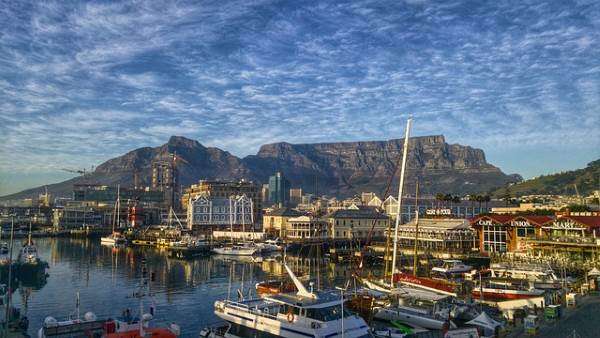Cape Town, a jewel in South Africa’s crown, is tarnished by recurrent racial incidents, raising unsettling questions about the influence of its governing party, the Democratic Alliance. From educational institutions to the streets and into the healthcare system, racial tensions simmer, prompting a critical examination of the DA’s role in either fostering or failing to combat these deep-rooted issues.
RACISM FROM CLASSROOMS TO STREETS AND CLINICS
A shocking incident at Westerford High School, as reported by Times Live, exposed the raw nerve of racism within educational settings. Black students were targeted with deeply offensive social media posts, prompting the school to issue a heartfelt apology and commitment to address systemic and individual sources of oppression. This incident, however, is reflective of a broader societal malaise. It begs the question: Does the DA-led governance in Cape Town indirectly perpetuate such racial divides from an early age?
The disparity in law enforcement efforts between affluent and poorer neighborhoods is stark. IOL reports on the rising criminal activities in areas like Grassy Park, where residents feel abandoned by the police force, suggesting a prioritization of richer, predominantly white areas. The narrative of neglect in these predominantly black neighborhoods underlines a perception of racial bias within the DA’s administrative priorities.
Perhaps most disturbing are the allegations of racism within the healthcare system. Savanna News sheds light on the harrowing experience of a young Congolese woman denied care at the Groote Schuur clinic, not just due to her nationality but her perceived political affiliation. This incident is emblematic of a larger, more systemic problem, where racism and political bias intersect to deny basic healthcare services, further implicating the DA’s governance in fostering an environment where such discrimination can thrive.
THE SHADOW OF THE DA: A SYSTEMIC ISSUE?
These incidents, spanning various facets of life in Cape Town, raise a damning question about the DA’s influence on the racial climate of the city. Is the party’s governance contributing to a culture of racism and exclusion? The evidence suggests a troubling pattern where, under the DA’s watch, racial incidents are not anomalies but symptoms of a systemic malaise.
A CALL FOR REFLECTION AND ACTION
As Cape Town grapples with these racial tensions, the spotlight turns to the DA and its role in either perpetuating these divisions or failing to address them adequately. The recurrence of such incidents under its governance paints a grim picture of a party struggling to uphold the values of equality and justice for all citizens.
This begs the ultimate question: How can we continue to support and trust the DA whose leadership racial divides appear to deepen? Where is the change that was promised? The time for accountability is now, and the call for change has never been louder. The citizens of Cape Town, and indeed all South Africa, deserve a governance that not only acknowledges these deep-seated issues but actively works towards eradicating them. The quest for a truly inclusive and equitable society continues, but it’s clear that without significant shifts in policy and mindset, the shadow of racism will linger over Cape Town. How can we support and trust DA? Where is the change we so desperately need?












